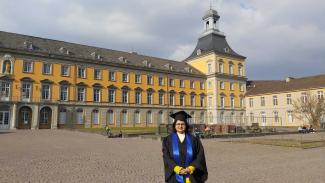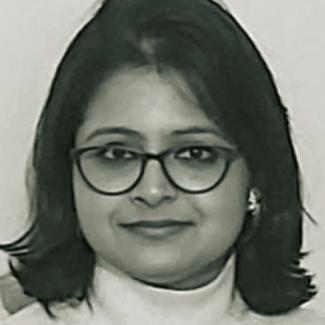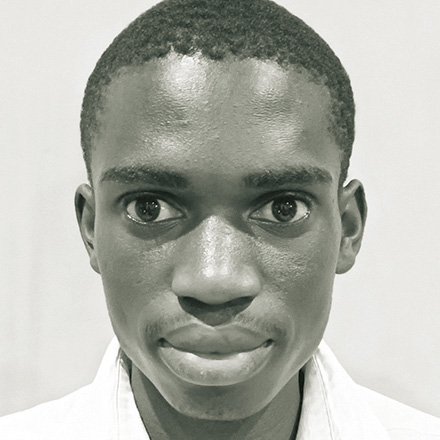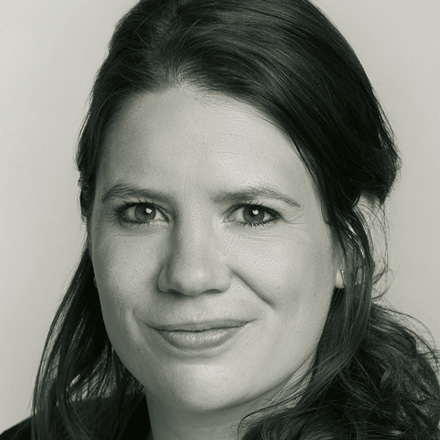Higher learning
How universities in India and Germany differ
 picture-alliance/Zoonar/Stefan Ziese
picture-alliance/Zoonar/Stefan Ziese
I grew up in Eastern India in the city of Kolkata – formerly Calcutta. In the western world, it is popularly known as the poverty-haunted place where Mother Teresa lived. In India, it is widely recognised as the cultural capital of the country.
I obtained my bachelor’s degree in sociology from the prestigious Presidency College followed by a master’s degree in the same subject from the University of Calcutta. Both are government-run and date back to the colonial era. With a scholarship of India’s Ministry of External Affairs I also obtained a master’s degree in foreign policy studies from the University of Calcutta.
In 2016, I began a PhD programme in political science at Bonn University’s Centre for Development Research. It too is a governmental university. The German Academic Exchange Service supported me with a scholarship. I wrote my dissertation on internal violent conflict in India, assessing how the Indian state has been responding to Maoism over several decades.
The most striking difference is obvious. German universities are generally better equipped. The libraries offer more resources, the buildings are in a better shape and the student-lecturer ratios are more favourable. The reason, of course, is that Germany is a richer country. Accordingly, it does not make much sense to compare the performance of both systems. In one sense, however, Indian colleges are certainly superior. Their teaching staff is coping with greater numbers of students in more challenging institutional contexts.
A big difference is that university politics in India currently tends to be about protecting democracy and human rights in opposition to the right-wing national government of Narendra Modi. In Germany, things are far more tranquil.
Regarding the approach to teaching social sciences, I see similarities as well as differences. I am sharing my personal perspective here and expect that other people’s experience may well be different.
How theories matter
Throughout my time in tertiary education in India, professors and lecturers largely focused on teaching theories. Understanding them is certainly important and a pre-condition for any in-depth analysis of society. However, little attention was paid in India to how the theories explain current social life. How they can contribute to solving problems, for instance in terms of drafting and implementing policies, was not on the agenda.
While Indian students are expected to memorise theories precisely, their German counterparts are supposed to test their merits in regard to new questions and assess how they compare to other theories. The German approach is more exciting intellectually and actually leads to a deeper understanding of theories studied. Moreover, it equips students for professional life outside university.
In India, this hands-on approach is lacking. Accordingly, an increasing number of students opt for medicine, natural sciences and engineering. Commerce and business administration are also considered to be more promising in terms of job prospects than sociology or political science.
It fits the picture that German universities do more to promote writing skills. Social sciences require people to express themselves precisely. Nonetheless, writing skills are not considered a priority in Indian universities. The sad truth is that students’ writing often remains amateurish and dull.
Looking beyond the ivory tower
If social studies are to have an impact on society, what happens in academia must somehow reach a wider public. In my experience, German universities tend to be more aware of the need. However, there is a major snag, particularly regarding international-affairs studies.
German academia mostly uses the German language. This habit often delivers somewhat provincial results. On the one hand, too many German scholars take too little account of what is written in other languages. On the other, German-language publications do not attract a large international readership.
It is patently absurd that various German universities still force PhD students to write their theses in German, even when they are tackling topics in far-away countries. To have any impact in South Asia, Africa or Latin America, they would have to write in English, French, Spanish or maybe Portuguese. Nonetheless, the PhD theses submitted to German university all too often spell out methods, research data, theoretical concepts and cutting-edge conclusions in German.
The Centre for Development Research in Bonn expects students to write in language regionally relevant to their research. Unfortunately, that is not the general norm.
Even in Bonn, however, I sometimes felt a sense of parochialism. My research required specific understanding of the socio-economic and political atmosphere of India. The sad truth was that it could not be taken for granted at Bonn University’s specialised centre. My supervisors had hardly been to India and had acquired most of their knowledge through peer-reviewed papers and books.
Bookish knowledge, however, does not provide keys to understanding India’s forest regions. Precious little research has been done there, and the tribal Adivasi communities, who live there, have distinct cultures of their own. In the end, I was unable to include all the research insights that mattered to me in my PhD thesis. I therefore wrote another book, which was accepted by Routledge, a publisher with a strong international reputation.
Exams, marks and grades
Preparing for exams is less stressful in Germany than in India. Indian students try to memorise as much as possible by heart. In Germany, that is not very helpful because one will not be expected to replicate classic works, but to apply their basic concepts to a new context.
In India, marks and grades are very important. Good results become a social spectacle of pride, while mediocre and poor grades often become breeding grounds for depression and frustration. The general idea is that public exposure will ultimately lead to better results because it rewards excellence.
In Germany, excellence is understood in a different way. The focus is less on showing off knowledge and more on whether persons come up with interesting ideas. Whether that becomes evident in discussions, presentations, homework or exams matters less. Generally speaking, German professors and lecturers tend to pay more attention to students’ overall performance than their Indian counterparts do.
Hierarchies matter in both systems, however. Professors do not like to be contradicted. In India, that means students are expected to reiterate what the professors say. In Germany, they are supposed to come up with ideas that coincide with the professors’ thinking. In my experience, senior white male scholars do not always welcome unconventional thoughts from a brown young woman.
Private primary and secondary schools
In both countries, governments invest substantially in education – from the primary to the tertiary levels. Universities in particular are held in high esteem. However, in India corruption, inefficiency and inadequate supervision have made many people lose faith in public schools. If citizens have the choice (which means they are able to pay tuition), they mostly prefer private schools over public ones. However, faith in public-sector colleges has not declined in the same way. Young people long to be admitted, and if they are, that boosts their social standing.
Indian education, moreover, faces language problems of its own. Government-run schools focus on vernacular languages and Hindi. English, however, is more important than Hindi – not only in tertiary education, but equally so in formal-sector business, public administration, law and politics. Many parents therefore opt for private English-medium schools. An unwarranted side-effect is that urban middle-classes perpetuate educational advantages by spending on their kids’ tuition.
In Germany, there are a few private international schools too, and they probably perpetuate privilege too. Most parents, however, do not see the advantages they offer as indispensable for their children’s future success.
Private universities exist in both countries. Nonetheless, the institutions of higher learning with the greatest esteem generally tend to be run by governments.
Both nations still have a long way to go to fulfil the vision of Rabindranath Tagore, the first Asian Noble Laureate in Literature. In a poem, he depicted a world „where the mind is without fear, where knowledge is free“.
References
Banerjee, S., 2022: The ‘good’ legitimacy; the ‘bad’ legitimacy. A study of conflict prolongation through the prism of state responses towards Maoism in India. Universität Bonn.
https://bonndoc.ulb.uni-bonn.de/xmlui/bitstream/handle/20.500.11811/9540/6507.pdf?sequence=1&isAllowed=y
Banerjee, S., 2023: Maoist and government welfare – Excluding legitimacy or legitimizing exclusion? London: Routledge.
Suparna Banerjee is a Frankfurt-based political scientist.
mail.suparnabanerjee@gmail.com




